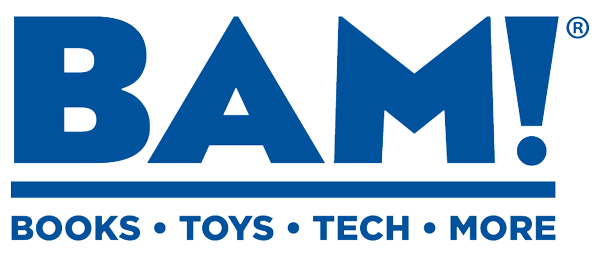
June 16, 2015
A long time ago, I was on a search committee for a new hire at work. Our interview panel used an agreed-upon list of questions for the top three candidates.
One of the questions consisted of what I call “The Miss America” prompt: “What is a weakness that you have?” Now, if this were a pageant, the reply might have been, “My weakness is that I’m a perfectionist and only want the best for others and the world.” But this was a job interview and two of the three candidates gave a satisfactory answer. Yet the third candidate’s response is one I’ve always remembered, decades later.
He said, “My weakness is I have a tendency to make mistakes and not learn from them.”
You could have heard a pin drop.
The candidate went on to explain. He gave a few examples to illustrate ways he fell short of success. Not delegating assignments to other teammates. Failure to ask enough questions at the front end of a project. Lack of time management. Repeatedly. He was so specific citing his weaknesses that I wanted to ask him to stop talking before he dug himself deeper into the black hole of bad interview answers.
Then he finished by adding, and I’m paraphrasing, “But I have come a long way in recognizing this vulnerability. And I’m working on it. I have researched the team I would work with if you choose me for this position. They are a team of strong and diverse leaders. I could learn from them. Of course, I also believe I have skills I can bring to your company. But I believe an important part of growing as a leader is possessing the ability to recognize areas of improvement. Look, I’ve worked for teams who didn’t know this and the results had long-term negative repercussions.”
This reminds me of the saying, “What doesn’t kill you makes you stronger. Except for bears. Bears will kill you.”
Not to dismiss the importance of possessing and developing strengths as part of one’s core character, but you can learn a lot from failure. I sure have. Like the job interviewee, I’ve made some mistakes a few times before I learned from them. Eventually, I stopped tripping myself up and moved in a different direction. However, I first had to recognize the pattern.
So much of our culture emphasizes not only what we do well, but also what we do well with gusto. The political candidate who answers with definitive soundbites. The student who doesn’t hesitate when answering a question. The co-worker who jumps in to take the lead on a project.
Often, these actions are interpreted as strengths. And sometimes they are. But, sometimes, we would be better served if we paused. Did our homework. Added some self-reflection if we were up to the task. Were honest about our shortcomings.
Certitude can work both ways, both leading and limiting. Weaknesses, if analyzed thoughtfully, can inspire perseverance. I don’t stop striving to get better; however, I’ve found that taking time to swim in the shallow end of my failures has made me a better, stronger swimmer for life’s deep end.
We hired the candid interviewee for the job. Eventually, we both moved on to different jobs, but I saw him last year at a meeting. He is now a senior leader in a large organization, widely respected for his work with others. He is probably still failing on some level, but I bet he remains open to what that can do for him.





